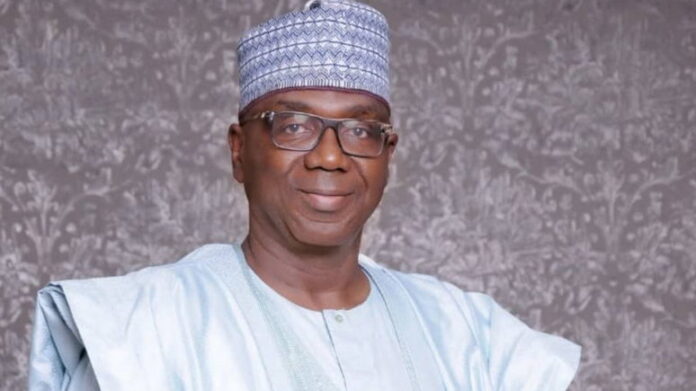Kwara State Government has reduced its 2020 budget by 29.4 per cent as a result of the economic challenges posed by the ravaging COVID-19, while prioritising the completion of ongoing capital projects.
The State Executive Council (SEC), in a meeting, slashed the budget to N114, 791,853,968 from the previously approved budget of N162,487,666,170.
The cabinet has also approved the presentation of the revised appropriation bill 2020 to the Kwara State House of Assembly, as the Governor forwarded the document to the House on Thursday.
Commissioner for Communications, Harriet Afolabi-Oshatimehin made this known in a statement dated July, 23.
She gave a detailed explanation of what the revised budget contains and the percentage reallocated to each sector.
“The budget prioritises completion of ongoing capital projects and first-line charges such as payment of salary, gratuities and pension, and social spendings targeted at curbing abject poverty.
“The new budget allocated N46.9bn to capital expenditure, down from the N89.4bn in the approved one, while N67.8bn would be spent on recurrent expenditure, down from N73bn in the appropriation law.
“The proposal adjusted revenue to the state to N104bn, down from the N150.2bn in the approved budget.”
She continues: “Sectoral breakdown showed a huge allocation of N22.9bn to health (as against N27.7bn in the approved budget); N23.6bn to education, down from N33.8bn in the approved budget, N6.6bn to Works, down from N17.2bn in the approved budget; and N2.3bn to agriculture, down from the initial N3.3bn.
“Sources of financing of the revised budget included federal allocation of N46.1bn; internally generated revenue of N25.9bn; opening balance of N7.4bn; N6.9bn anticipated receipts for the various inherited World Bank programmes in the state such as Youth Employment and Social Support Operation (YESSO), Community and Social Development Project(CSDP), Rural Access and Agricultural Marketing Project (RAAMP), and Accelerating Nutrition Results in Nigeria (ANRIN), etc; and the domestic short-term loan of N1.8bn (UBEC counterpart funds).
“The financial estimate was predicated on zero-based budgeting approach system and the macro-fiscal assumptions in the addendum to the Federal Government MTEF 2020, including $25 oil price as against the pre-pandemic $57 (56.1% decrease), oil production estimate of 1.9m barrel per day as against 2.18million barrel per day (12.8% reduction), average exchange rate of N360 as against 305, and inflation rate of 14.13% as opposed to the 10.81 earlier predicted.”





